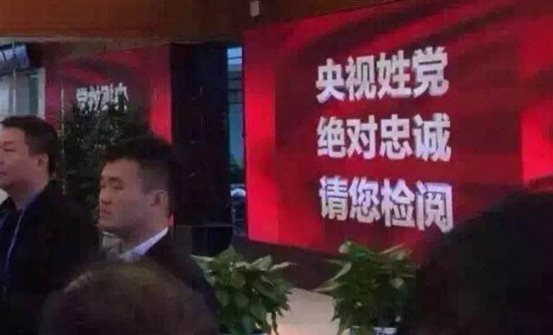Two articles in a Chinese magazine criticising censorship by the mainland authorities have been removed from the internet one after another. The two stories were censored from the Caixin website as Chinese President Xi Jinping tightens his control following visits to state media headquarters last month.
Caixin, a reputable magazine on business and finance in China, first posted an interview with Shanghai scholar and Chinese People’s Political Consultative Conference member Jiang Hong on its Chinese-language site last Thursday.
Article denouncing censorship removed from Chinese magazine Caixin’s website.
Here is the article in full: pic.twitter.com/bLpV800hCp
— Hong Kong Free Press (@HongKongFP) March 8, 2016
In the interview, Jiang said that “advisors should be free to give the Communist Party and government agencies suggestions on economic, political, and cultural and societal issues”, but the atmosphere has made it difficult to do so freely, the magazine reported. Jiang also called for the protection of the rights to speak freely.
The article was subsequently removed by Cyberspace Administration of China, the country’s online censorship board, for violating the law.
Magazine pushes back
Caixin then hit back by posting on its English-language site an article about the removal on Tuesday, titled “Story about Advisor’s Free Speech Comments Removed From Caixin Website”. The article, written by staff reporter Zhou Dongxu, carried an image of a person with tape over their mouth to signify censorship. Jiang’s comments on free speech had “[made] censors jittery”, the magazine tweeted.
However, the piece was also subsequently deleted and the link now leads to an error 404 page.
According to the removed English interview, Caixin had interviewed Jiang again following the first incident. He said that the act of censorship was “terrible” and “bewildering”, adding that he did not see anything illegal in the article.

The move came just weeks after Xi Jinping paid a visit to the headquarters of three state media outlets in Beijing. President Xi said that “media run by the Party and government are propaganda positions of the Party and the government, and they must reflect the Party,” according to editor of the University of Hong Kong’s China Media Project David Bandurski.
Last week, an editor at mainland paper Southern Metropolis Daily was fired after Chinese President Xi Jinping’s comments on state media were juxtaposed with an image of a sea burial on the paper’s front page.
